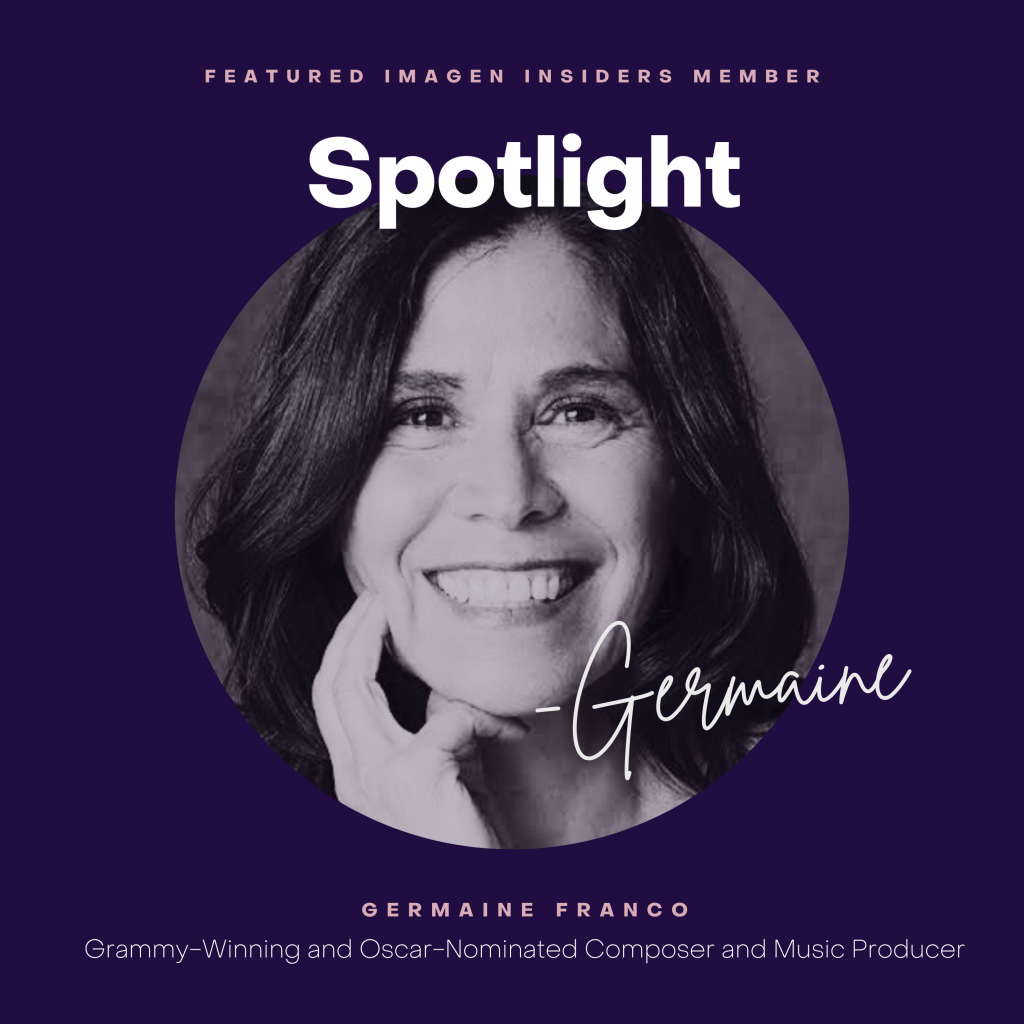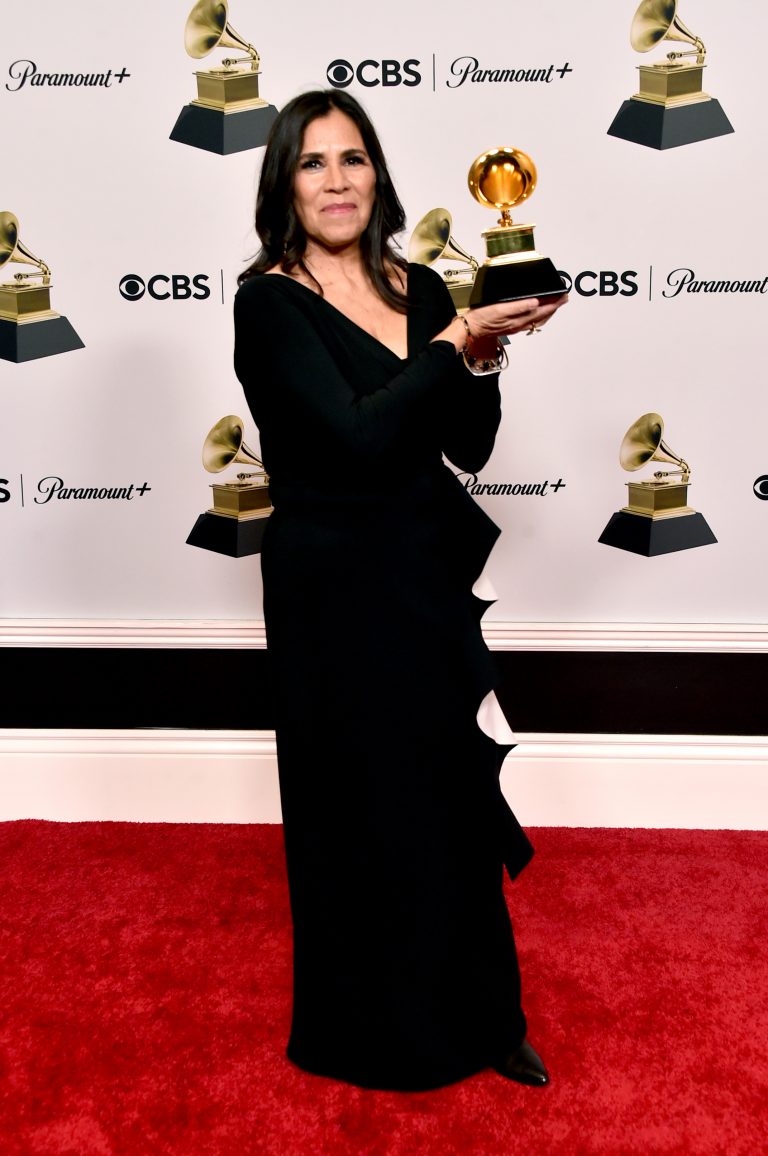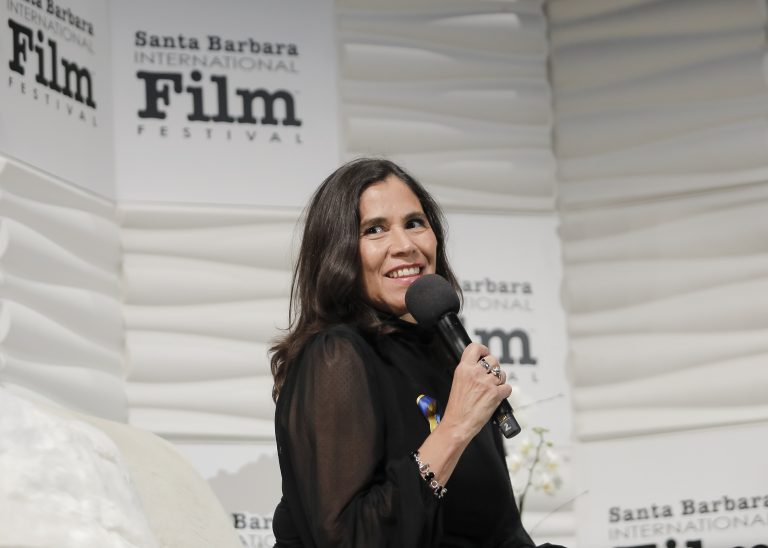
GERMAINE FRANCO
We recently had the pleasure of catching up with Germaine Franco and are excited to share our conversation below.
Thank you for sharing your story with us! Could you start by telling our readers a bit about your background and how your journey began?
I grew up on the border of El Paso, Texas and Mexico. Music was an essential part of my life growing up. I gravitated to percussion and piano. I would spend hours improvising on our family piano at home. I started composing for my own latin jazz ensemble, while at Rice University’s Shepherd School. In El Paso, I played in the El Paso Youth Symphony under maestro Abraham Chavez. He played a role in my love of the orchestra. In college, I was mesmerized by Bach, Darius Milhaud, John Cage, Messiaen, Debussy, Ravel, Rimsky-Korsakov, Barktók, Agustín Lara, Ginastera, Carlos Chavez, and Chick Corea! I find that role models come from a wide variety of backgrounds. All of the teachers I listed prior are people who took an interest in me as a musician and composer and truly supported my musicianship. John Powell (Wicked, How To Train Your Dragon, Bourne Identity, Rio) was my main film music mentor. I worked alongside John for over 10 years. He pushed me to learn music technology, to improve my music programming and writing skills. I was fortunate to receive professional training and opportunities beyond academia and online classes.
What challenges have you faced along the way, and what lessons have you learned? Looking back, would you say the journey has been smooth or full of obstacles?
Regarding obstacles, I have experienced many challenges in my career. To begin with, I started out professionally as a female percussionist. There were not a lot of women in my field. Later, as I moved into composing and producing, I was often the only woman of color in the control room. One of my own personal goals that I have achieved while working in the industry, has been to broaden the group of session musicians that are working behind the scenes in the film music world. All of my projects feature a diverse array of people working with me in the music department.
In your opinion, what has been the key factor in your success?
Persistence is the main factor in achieving my professional goals. Also, I feel that the ability to collaborate, listen and work with the entire creative team on a film or media project is essential to success. I do my best to be aware of the collective vision of the creative team at all times while creating a score. I spend many hours studying the visuals, script and notes from my directors and producers.
Let’s shift the focus to your work for a moment—can you tell us more about what you do and what sets your work apart?
As a composer and music producer, I aim to tell stories through music that resonate emotionally, culturally, and rhythmically. I mix a hybrid of traditional western instruments and musical styles into both orchestral and electronic contexts to create an authentic and immersive sound. During my creative process on Encanto, I deeply immersed myself in the rich musical traditions of Colombia. Studying structures, rhythms, harmonies, and how instruments like the tiple, arpa llanera, marimba de chonta, gaita flutes, tamboras, bandolas, cuatros, and accordion are written for and played. This cultural and musical research was essential to crafting a score that felt rooted in place and story. I also take on both the composing and music producing roles on many of my projects, which allows me to shape the sonic identity of a project from start to finish. This helps me to ensure the emotional arc of the music aligns with the narrative. I believe music has the power to connect people, and that’s always been at the heart of my work. Connecting an audience to the story being told on screen.
Do you have any advice for those who are just starting out on a similar path?
One must constantly change to the industry’s needs, especially with regards to technology and its ever evolving role in the creative process. Stay connected to professional communities like Imagen, Sundance, Film Independent, Society of Composers & Lyricists, and Academy of Motion Picture Arts and Sciences. Consider saying “yes” to any and all professional opportunities that may be presented to you within the industry, even if they are not specifically film and tv scoring projects. You never know what types of opportunities may manifest themselves from meeting and working with new creative people whom you find interesting. Work on building genuine and collaborative business relationships.
What has been the most valuable lesson you’ve learned throughout your journey?
Throughout my life I have had supportive and inspiring teachers that have helped shape my outlook on music and life as a whole. They have guided me as I made strategic decisions on my career path. I’m thankful to them all, including John Powell, Emil Richards, Luis Conte, John Ashton Thomas, and Phillip Kraus. From my perspective, communication is absolutely essential to the creative process, especially in film and media scoring, where you’re part of a larger storytelling team. As a composer and music producer, I have to understand not just the director’s vision, but also the emotional language of the story. That means having open conversations, listening deeply, and being flexible when ideas and edits shift.
From your perspective, what’s the most fulfilling part of being a creative?
Wesite: www.germainefranco.com
Instagram: @germainefrancomusic


